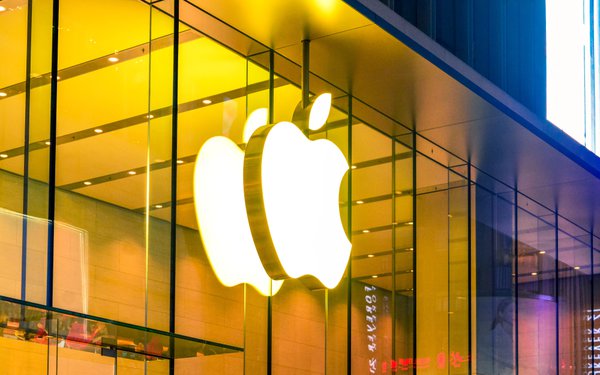
In a partial defeat for Apple, a federal judge on Friday
ordered the company to revise its policies to allow developers to add in-app links to payment options outside Apple's platform.
The order, which takes effect in 90 days, stemmed from a lawsuit
by Epic Games, which alleged Apple violated anti-monopoly laws as well as a California state law regarding unfair competition.
U.S. District Court Judge Yvonne Gonzalez Rogers, who presided
over a 16-day trial in the case earlier this year, agreed with Epic that Apple's anti-steering policies -- which prohibited developers from offering in-app links to outside payment platforms --
violated California's unfair competition law.
Those anti-steering policies “hide critical information from consumers and illegally stifle consumer choice,” she wrote in a 185-page
decision.
advertisement
advertisement
But the judge also said Epic failed to prove that Apple ran afoul of laws against monopolies.
“Given the trial record, the Court cannot ultimately conclude that Apple
is a monopolist under either federal or state antitrust laws,” the judge wrote in a 185-page decision. “While the Court finds that Apple enjoys considerable market share of over 55% and
extraordinarily high profit margins, these factors alone do not show antitrust conduct. Success is not illegal.”
Epic sued Apple in August of 2020, shortly after Apple removed the
Fortnite game from the iOS app store. Apple's move came after Epic began offering gamers the ability to make purchases directly from it, in violation of Apple's policies.
Apple requires game
developers to use its payment platform for in-app purchases, and charges a 30% commission to developers that take in more than $1 million in revenue. Smaller developers pay only a 15% commission.
Epic contended Apple monopolizes the iOS app distribution market, and unlawfully forces developers to use its payment processing system.
During the trial, Gonzalez Rogers questioned Apple
CEO Tim Cook about the company's requirement that in-app purchases go through Apple's payment platform.
“What is the problem with allowing users to have choice, especially in a gaming
context, to have a cheaper option for content,” she asked Cook when he testified in May.
He answered that people “have a choice between many different Android models” or an
iPhone, adding that the iPhone “has a certain set of principles behind it” regarding safety, security and privacy.
When Gonzalez Rogers pressed the Apple CEO on why the company
wouldn't let consumers make in-game purchases outside its platform, he replied: “If we allowed people to link out like that, we would in essence give up our total
return on our IP.”
In late August, Apple agreed to
settle a separate antitrust lawsuit by allowing developers to notify app downloaders by email or telephone about outside payment options. But that deal doesn't require Apple to also allow
in-app notifications. Apple also recently said it would let some non-gaming app developers to offer other in-app payment options.
Last month, Senators Richard Blumenthal (D-Connecticut), Amy
Klobuchar (D-Minnesota) and Marsha Blackburn (R-Tennessee) proposed a bill that would prohibit Apple from requiring use
of its payment platform in-app purchases, among other provisions.
Klobuchar stated Friday that the ruling by Gonzalez Rogers addresses some competitive concerns raised by app stores, but said
“much more must be done.”
“We need to pass federal legislation on app store conduct to protect consumers, promote competition, and foster innovation,”she added.
Apple general counsel and senior vice president Katherine Adams stated Friday that the decision "validates that Apple’s 'success is not illegal.'"
She added the company is still
analyzing the ruling.